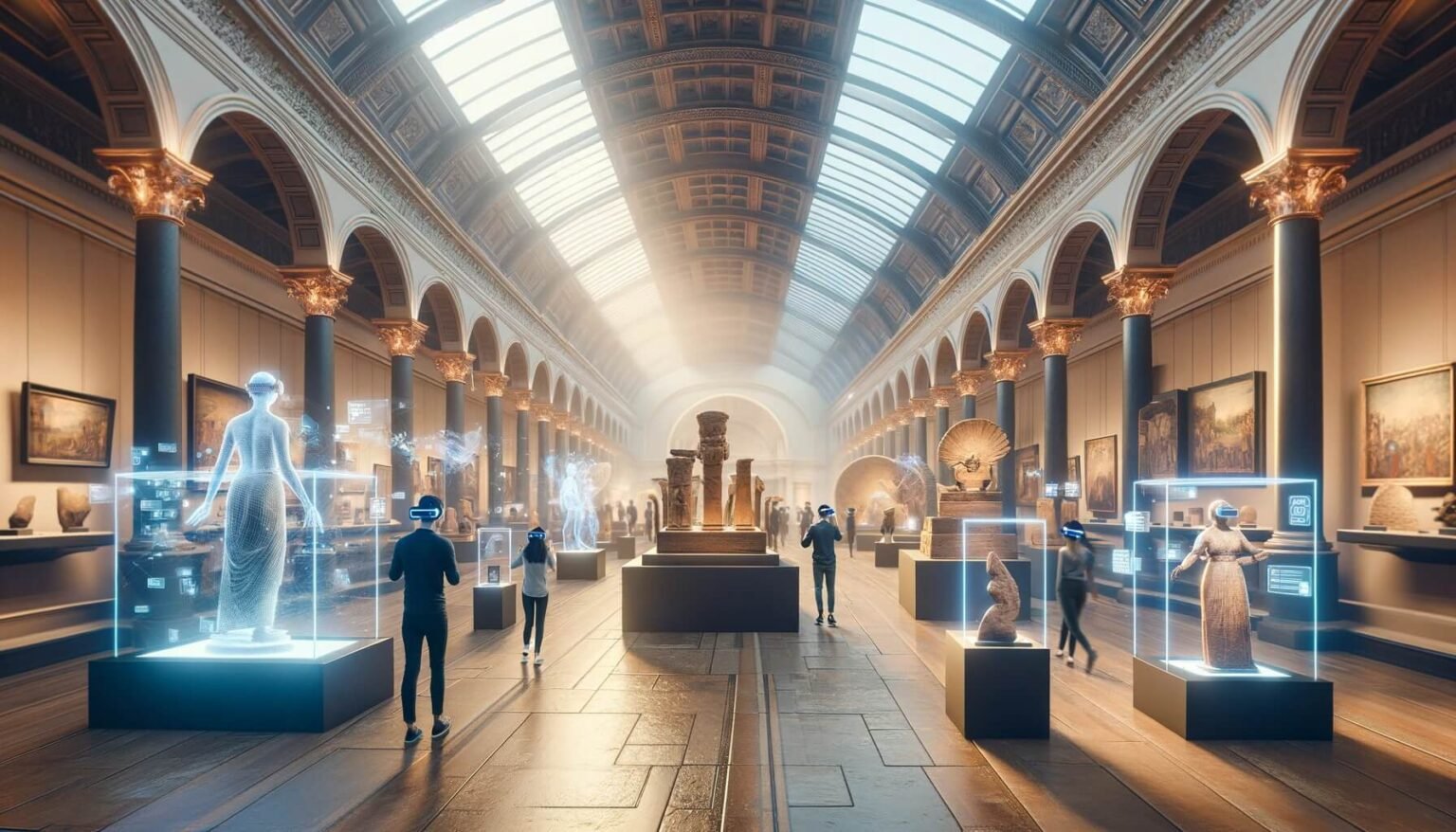In recent years, advancements in technology have transformed the way we engage with cultural institutions and experiences. With the rise of virtual reality (VR), augmented reality (AR), and digital platforms, cultural enthusiasts can now explore museums, landmarks, and historical sites from the comfort of their own homes. In this article, we will delve into the burgeoning trend of virtual cultural experiences, examining the impact of online museums and tours on accessibility, education, and cultural appreciation.
The Evolution of Cultural Engagement:
Traditionally, visiting museums and cultural landmarks required physical presence, travel, and often significant expenses. However, the emergence of virtual cultural experiences has democratized access to these institutions, allowing people from all walks of life to explore their collections and exhibitions remotely. Through immersive digital technologies and online platforms, users can embark on virtual tours, access interactive exhibits, and engage with educational resources from anywhere in the world.
Accessibility and Inclusivity:
One of the most significant benefits of virtual cultural experiences is their ability to break down barriers to access and promote inclusivity. Individuals with physical disabilities, financial constraints, or geographical limitations can now participate in cultural exploration without facing the obstacles associated with traditional modes of visitation. Virtual tours and online museums offer customizable experiences that cater to diverse needs and preferences, ensuring that everyone has the opportunity to engage with cultural heritage and history.
Education and Learning Opportunities:
Virtual cultural experiences serve as valuable educational tools, providing immersive and interactive learning opportunities for students, educators, and lifelong learners. Through virtual tours, digital exhibits, and educational resources, users can deepen their understanding of art, history, science, and culture in engaging and accessible ways. Online museums offer curated collections, multimedia content, and contextual information that enhance the educational value of cultural exploration, supplementing traditional classroom instruction and enriching self-directed learning experiences.
Preservation and Digital Heritage:
In addition to facilitating access and education, virtual cultural experiences play a crucial role in the preservation and dissemination of cultural heritage. Digital technologies enable cultural institutions to digitize their collections, archives, and artifacts, preserving them for future generations and reaching audiences beyond their physical confines. Virtual exhibitions and online galleries provide a platform for showcasing cultural treasures, fostering appreciation and awareness of diverse cultural traditions and histories.
Enhancing the Visitor Experience:
Virtual cultural experiences offer unique opportunities for enhancing the visitor experience and engaging audiences in innovative ways. Through VR and AR technologies, users can explore immersive 3D environments, interact with virtual artifacts, and participate in interactive storytelling experiences. Digital platforms also facilitate social interactions and community engagement, allowing users to connect with fellow enthusiasts, share insights, and collaborate on creative projects related to cultural exploration.
Conclusion:
The rise of virtual cultural experiences represents a paradigm shift in the way we engage with and appreciate cultural heritage and history. By leveraging digital technologies and online platforms, cultural institutions can expand their reach, promote accessibility and inclusivity, and enrich educational and learning opportunities for audiences worldwide. As virtual cultural experiences continue to evolve and innovate, they have the potential to inspire curiosity, foster empathy, and deepen appreciation for the richness and diversity of human culture. Whether exploring ancient civilizations, marveling at artistic masterpieces, or uncovering untold stories, virtual cultural experiences offer endless possibilities for discovery, connection, and enlightenment in the digital age.




